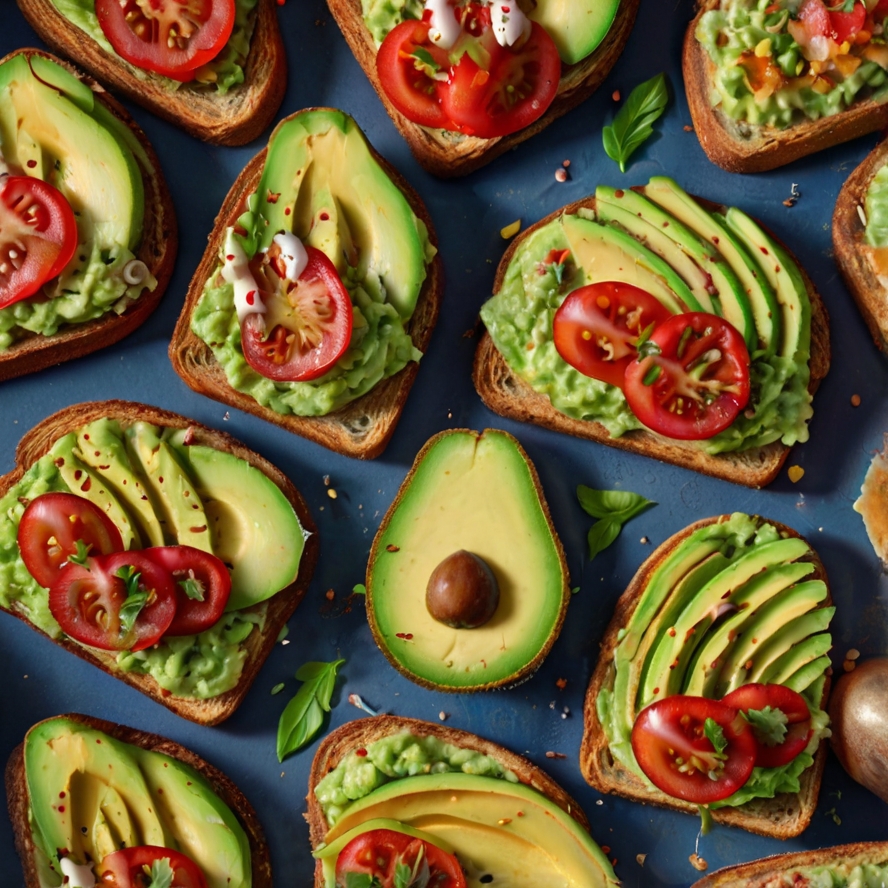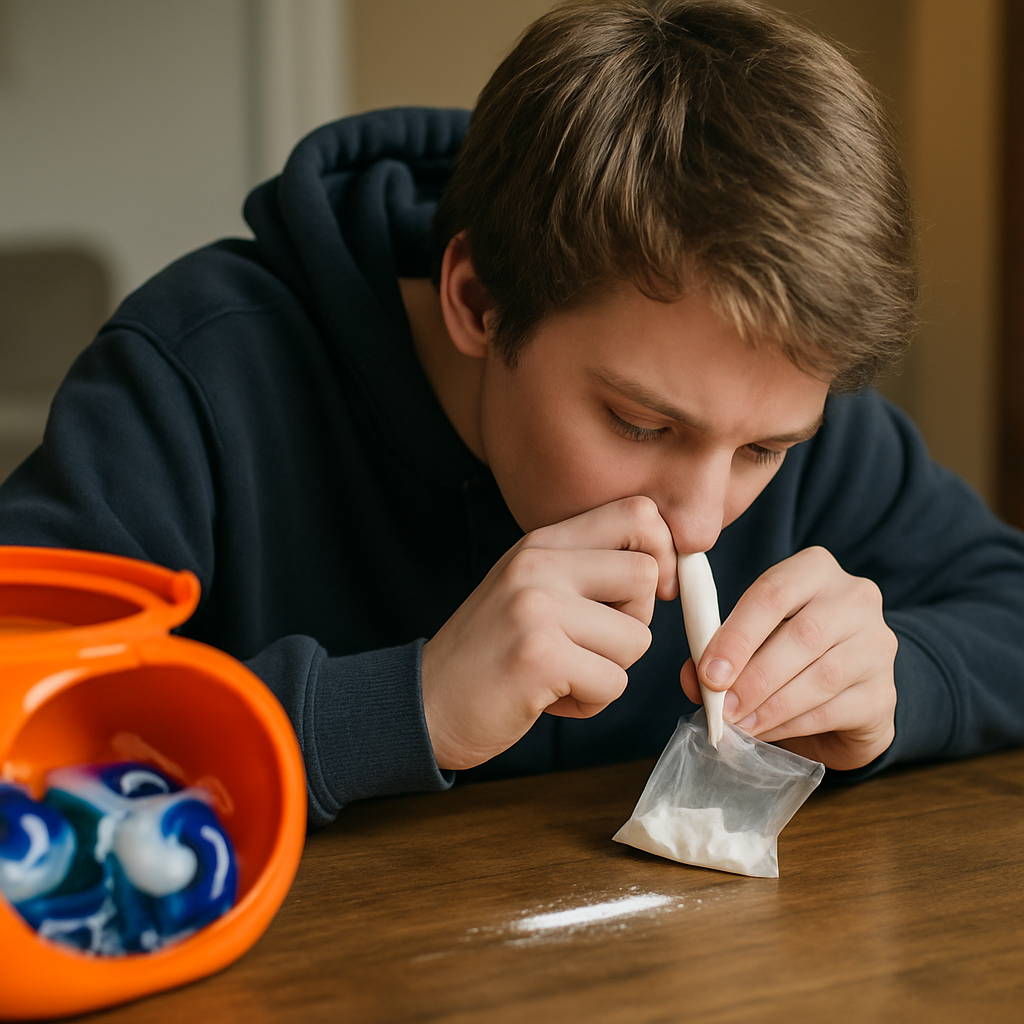**WASHINGTON, D.C.—** In a groundbreaking study that is sure to send shockwaves through the economic and culinary communities alike, researchers at the Bureau of Unlikely Statistics (BUS) announced Thursday that fluctuations in the national inflation rate have a direct correlation to the popularity of avocado toast.
The study, conducted over a rigorous span of three brunch-centric weekends, indicates that the inflation rate, which recently slipped to 2.1%, is being driven not by traditional economic indicators such as employment rates or fiscal policies, but by the demand for the trendy millennial staple.
“This is a classic case of supply and demand gone completely, fabulously rogue,” said chief BUS economist Dr. Celia Guacamole. “Our team found that for every dozen avocado toasts ordered, there is a corresponding 0.01% decrease in inflation, primarily due to the excessive pricing of cafe-based breakfast items overshadowing the cost of other consumer goods.”
According to Dr. Guacamole, the study’s results were confirmed during an exhaustive field test that involved hipster-targeted cafes in Brooklyn, Portland, and San Francisco. These cities were chosen based on their notoriety for crafting artisanal avocado toasts that can range anywhere from $12 to a budget-breaking $22, depending solely on decorative microgreens and proprietary sourdough recipes.
The findings suggest an almost mystical economic phenomenon: the more people splurge on avocado toast, the less the nation feels the bite of inflation. However, the report warns of potentially disastrous outcomes if avocado trees experience a poor harvest. “Should an avocado shortage hit, we could be looking at an inflation spike of an unprecedented scale,” Dr. Guacamole added, emphasizing the importance of sustainable avocado farming practices and exploring alternative toasts.
Reactions from government officials have been swift. Treasury Secretary Melvin Butterfield expressed both disbelief and curiosity about what he called “a delightfully ripe opportunity” to stabilize the economy. “If millennials are willing to carry the weight of the national economy on their toast-loving shoulders, I say let them,” Butterfield remarked while visiting a local avocado farm to review its output.
Meanwhile, panic has begun to settle among other breakfast item producers. Oatmeal manufacturers, fearing a potential societal shift, have started lobbying for oatmeal’s inclusion in popular brunch titles. “We need to remind people that oatmeal is not only heart-healthy but wallet-healthy,” said Grain Association President Lou “Steel-Cut” Maple.
As the study’s implications spread, experts urge lawmakers to consider avocado-based economic policies, hinting at an experimental “Toast Tariff” designed to control inflation through selective brunch taxation.
To counteract potential market instability, the Federal Reserve is reportedly exploring the possibility of incorporating avocado futures into its benchmark interest rate discussions. “The triumph of toast might be short-lived, so we must tread carefully,” warned Fed Chairperson Geraldine P. Crust.
As economists continue to peel back the layers of this surprise finding, one thing is clear: the course of the American economy may very well hinge on the humble avocado toast, toasted to perfection and topped with just the right sprinkle of pink Himalayan salt.



